
BASEC to offer direct support to manufacturers, importers and wholesalers on LVD requirements

The British Approvals Service for Cables (BASEC), the international leader in test and certification services for energy, data and signal cables and ancillary products, will be advising cable manufacturers and distributors exporting construction cable into the EU about the imminent Construction Products Regulation (CPR) for cables deadline, at this year’s Middle East Electricity Exhibition (MEEE).
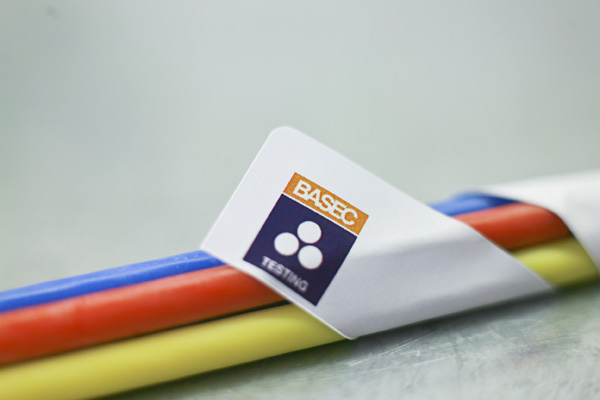
With the terms LSF and LSHF often interchanged due to the misconception that they are acronyms for the same thing, the ACI is telling contractors and installers to be cautious of cable labelled or described as LSF as this does not mean “halogen-free”.

The British Approvals Service for Cables (BASEC) has issued an industry-wide warning to cable buyers to check the harmonised codes on 6491B single core conduit wire, to ensure it is fit for purpose and conforms to the requirements of the IET Wiring Regulations BS 7671. BASEC is aware of instances in the market where two different cables are both being marketed as ‘6491B’, when they are very different.
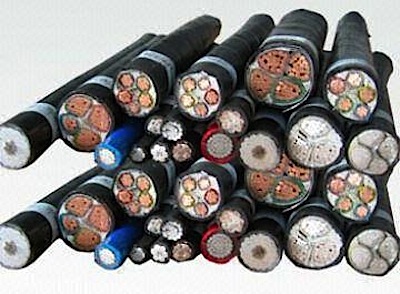
Electric cable is very clearly a very mature technology, especially at the domestic low voltage end of the spectrum, but this doesn’t mean that developments aren’t taking place. Technologically speaking, most of the spectacular developments are happening with high voltage cables, especially superconducting cables for HV power transmission of the type that Nexans is very much involved with.
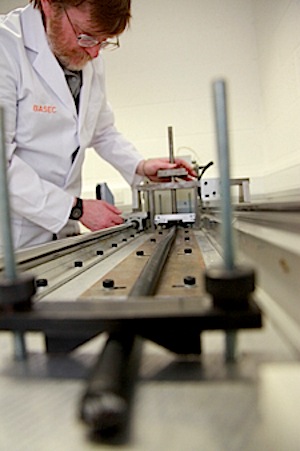
The United Kingdom Accreditation Service (UKAS) has accredited BASEC with ISO/IEC 17025, an international standard that specifies the competence and quality management system requirements for laboratories that provide testing and calibration services.
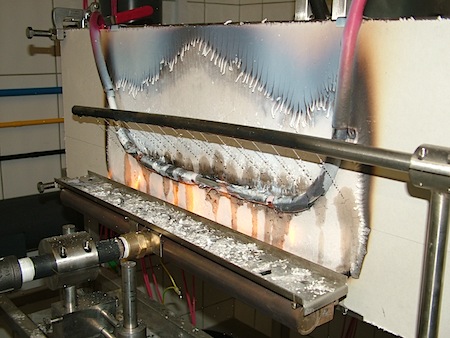
The British Approvals Service for Cables (BASEC), an international leader in product certification services for electrical, data and signal cables and ancillary products, will now provide LV and MV cable testing to all International Electrotechnical Commission (IEC) cable standards.
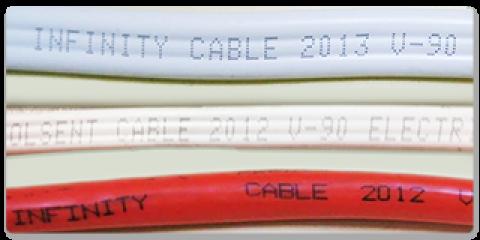
A major cable recall affecting up to 40,000 homes and businesses and costing an estimated A$80 million dollars (£43m) has hit the headlines in Australia – and non-compliance is the issue, reports the British Approvals Service for Cables (BASEC).
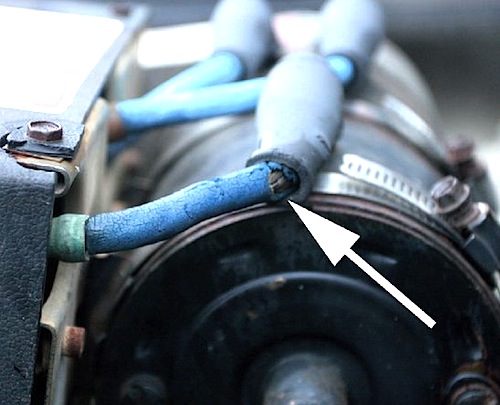
The insulation of electric cables used outdoors is well known to be prone to rapid degradation by ultra-violet (UV) exposure, so it is important that a type recommended for outdoor use be used. What is less well-known is that, even indoor cables, if mounted near to lighting systems (such as luminaires), can suffer from UV damage. The British Approvals Service for Electric Cables (BASEC), has just warned about this.
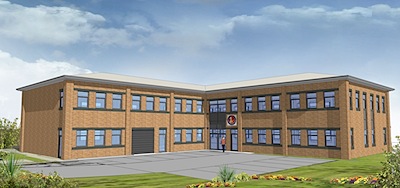
Joining the Lighting Industry Association’s (LIA) new and very modern Telford lighting test lab is another leading edge test facility being commissioned in Milton Keynes by the British Approvals Service for Cables (BASEC).
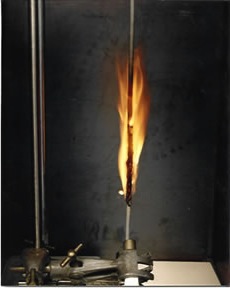
The brand new BASEC laboratory facilities in Milton Keynes, which are currently being commissioned, have been designed to meet the rising demand for Construction Products Regulation 2011 (CPR) fire tests on electrical cables.
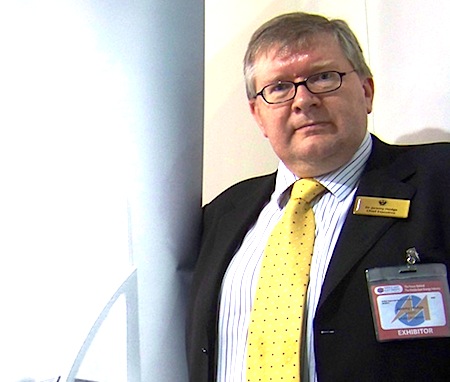
The British Approvals Service for Cables (BASEC) is encouraging cable manufacturers and traders to make more technical information readily available to users of their cable products.
2013-2024 © Doesitcomply UK. ALL Rights Reserved. Privacy Policy | Terms of Service